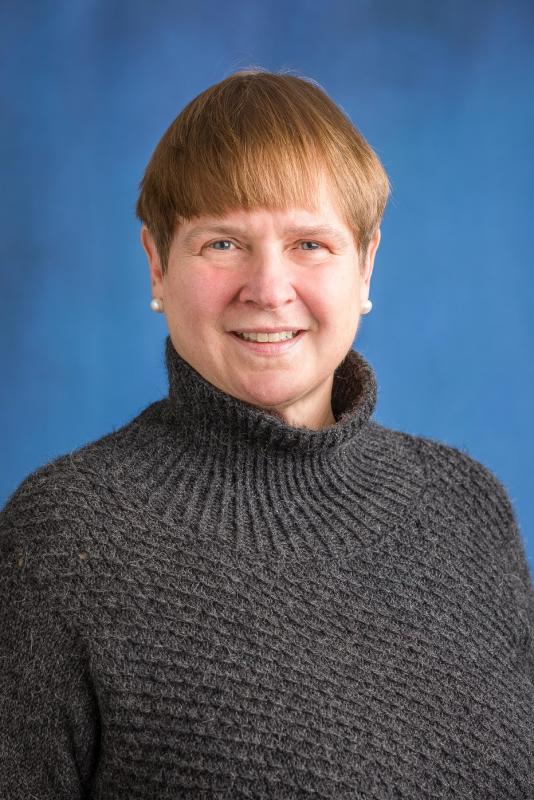Women and Retirement: More on SECURE 2.0
A recent article in Financial Advisor on-line magazine provided some interesting insights into how SECURE 2.0, the most recent sweeping legislation affecting retirement savings, has potential to support women’s retirements.[1]
Leslie Geller, senior vice president and wealth strategist at Capital Group, explained how some of the provisions that could provide greater opportunities than previously available for women saving for retirement:
“SECURE 2.0, far more than the original SECURE, presents more options and opportunities for different people to save for retirement differently. And I think it’s especially impactful for women because saving for retirement is far less of a one-size-fits-all approach for women and finances,” she said.
According to the article, the following provisions should be of particular interest to women:
Required Minimum Distributions. In 2023, the age at which people must withdraw taxable funds from retirement accounts (‘RMD’s’) rises from 72 to 73, and to 75 in 2033. That's a minor deferral for today’s 72-year-old. But for women who are 62 this year or younger, it's a much more significant bump. This allows these accounts to have time for potentially greater tax-free growth before draw-down begins.
Catch-up contributions for 401(k) and 403(b) plans, governmental plans and traditional IRAs. Catch-up contributions are especially helpful for women who take time out of the workforce for childrearing or eldercare, and who have longer life expectancies than men. While it is impossible to recover the lost time value of money, increasing retirement savings now to grow through retirement is the next best thing.
In 2023, employees contributing to an employer plan who are 50 years old and older can now make a catch-up contribution of $7,500 on top of the $22,500 maximum regular contribution. Those amount were $6,500 and $20,500.
The second adjustment is a new initiative for employees 60 to 63. Beginning in 2025, these workers will be able to contribute 150% of the catch amount up or $10,000, whichever is greater.
529 rollover to Roth. Saving for a child’s education is a priority for many women. Under the new provision, 529 funds not used for education can be rolled into a Roth IRA tax and penalty free, up to $35,000.
New benefits for part-time employees. Women are often part-time employees, ineligible for retirement plan participation. However, beginning in 2025 employers will have to make their 401(k) plans available to their long-term, part-time workers, who are those working at least 500 hours a year for at least two consecutive years.
Automatic enrollment. Beginning in 2025, employees will no longer have to actively opt into new employer 401(k) or 403(b) plans. The deferral amount will start at 3% in 2025 and increase 1% a year to 10% unless the employee opts out.
Save for retirement while paying off student loans. An employee repaying a student loan can still get an employer matching contribution on the repayment amount under a 401(k), 403(b) or 457 (b), even if they are not contributing to the plan. These contributions, beginning in 2024, can allow a worker to pay off student loans and simultaneously save for retirement.
There are also numerous new provisions that allow account holders to access account assets for emergencies, waiving penalties for early withdrawals in the case of terminal illness, domestic violence victims and penalty-free emergency withdrawals of up to $1,000 per year.
Given the unique circumstances of each individuals, consulting a qualified financial or tax advisor about how any of these provisions may affect you is strongly recommended.
[1] https://www.fa-mag.com/news/secure-2-0-gives-women-what-they-need--advisors-say-72196.html?section=43&utm_source=FA+Subscribers&utm_campaign=f9e850f218-EMAIL_CAMPAIGN_2023_02_01_10_05&utm_medium=email&utm_term=0_-f9e850f218-%5BLIST_EMAIL_ID%5D
About this blog:

Sarah Ruef-Lindquist, JD, CTFA
Sarah believes sound, thoughtful planning is a gift we give ourselves, our families and our community.
She is a lawyer and seasoned non-profit executive who has worked with dozens of organizations, individuals and families as a philanthropic advisor and senior trust officer. She holds the Certified Trust and Fiduciary Advisor certification and FINRA Series 7 and 66 registrations through Commonwealth Financial Network. Sarah and her husband live in Camden. The Financial Advisors of Allen Wealth Management are Registered Representatives and Investment Adviser Representatives with/and offer securities and advisory services through Commonwealth Financial Network (R), Member FINRA/SIPC, a Registered Investment Adviser. Allen Insurance and Financial, 31 Chestnut Street, Camden, ME 04843. 207-236-8376.




















